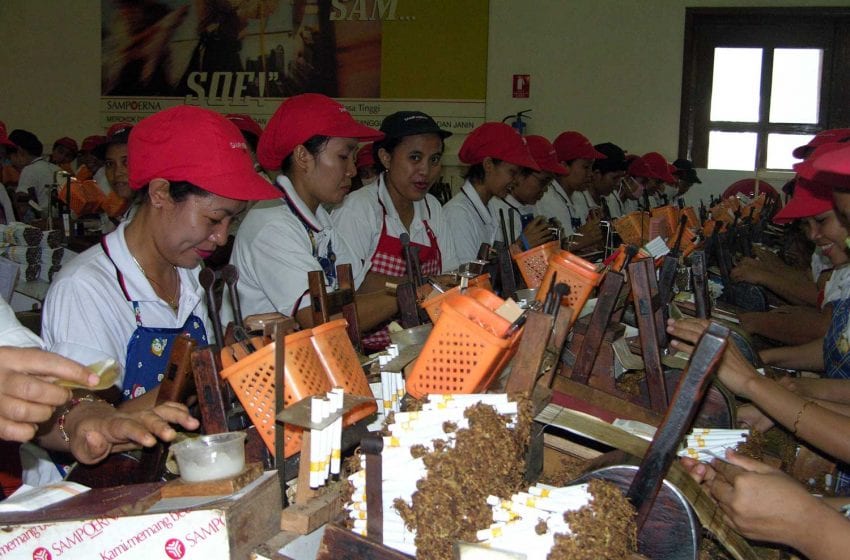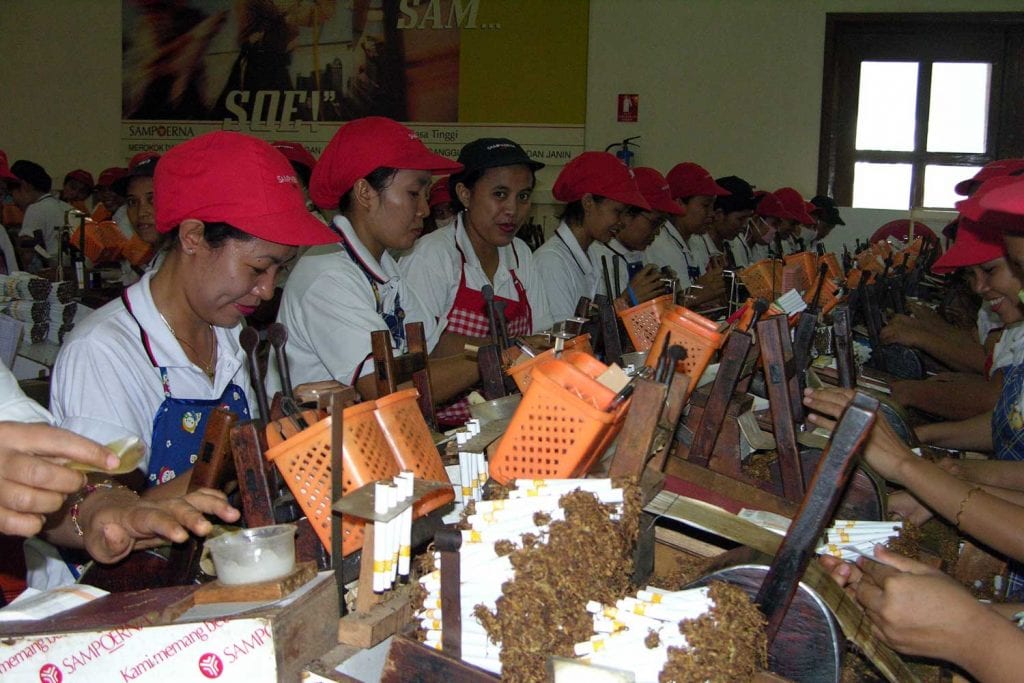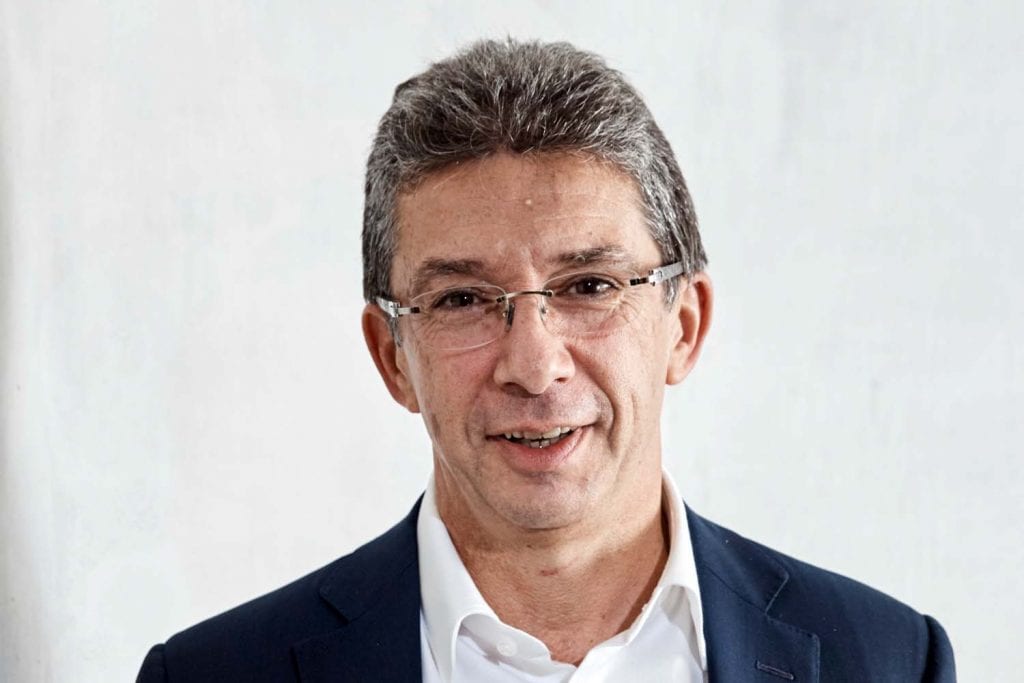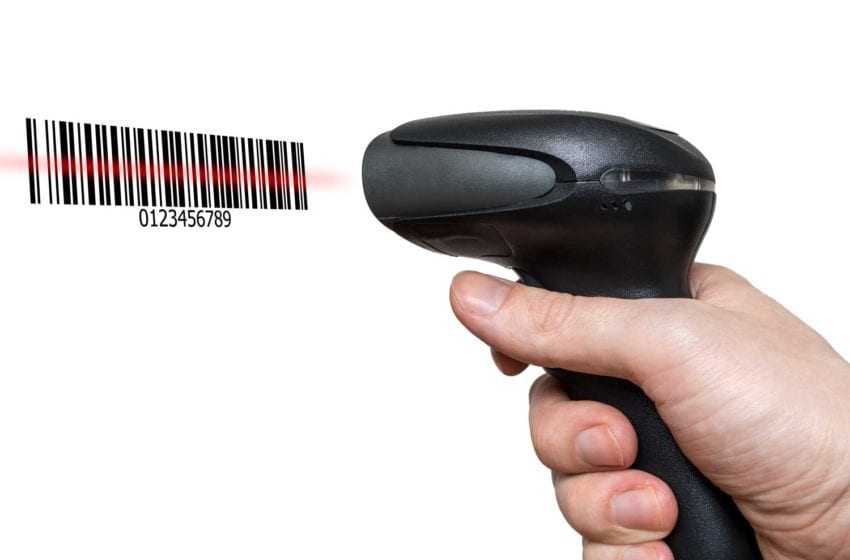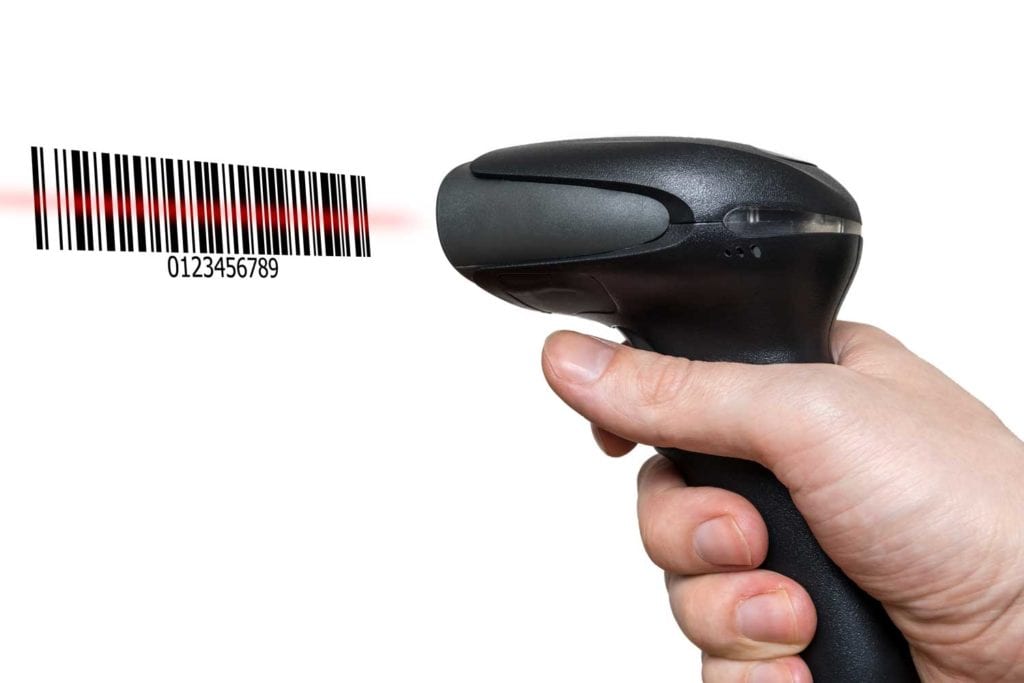
Vector Group announced financial results for the three months ended March 31, 2021.
“Vector achieved strong earnings performance in the first quarter in our tobacco and real estate businesses, a testament to our team’s hard work and our commitment to creating long-term stockholder value,” said Howard M. Lorber, president and CEO of Vector Group, in a statement.
“Our Liggett subsidiary continues to successfully execute its market strategy, and our Douglas Elliman real estate business saw continued and robust closed sales activity.”
The company reported consolidated revenues of $543.8 million, up 19.6 percent compared to the prior year period. Reported net income was $32 million. Adjusted net income was $45.3 million. Reported operating income was $90.2 million, up $95.1 million over the prior year period.
Tobacco segment operating income was $81.6 million, up 18 percent over the prior year period.
Adjusted EBITDA was $94.3 million, up 57 percent. Tobacco segment adjusted EBITDA was $80.6 million, up 13 percent.


